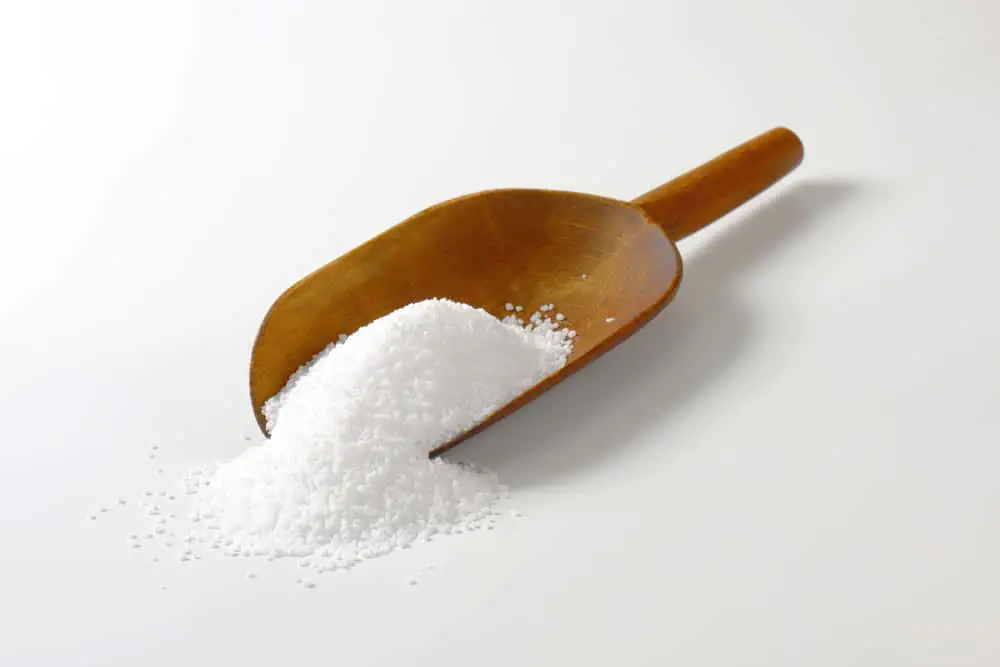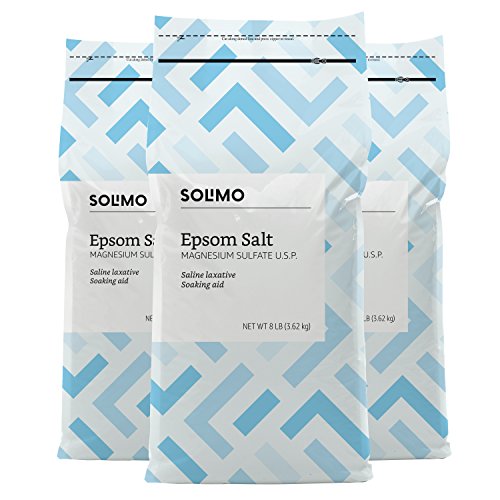A rat infestation can lead to all sorts of problems, from damage to your home to disease exposure. While using rat poison is an effective way to kill the rat population infesting your home, it can also be dangerous and potentially fatal for pets and small children.
Key Points:
- Rat poison is not always a safe solution for eliminating rats due to potential harm to pets and children, leading to the use of alternative methods such as Epsom salt.
- Excessive amounts of salt, including magnesium sulfate found in Epsom salt, can be fatal to rats, causing neurological problems, kidney failure, and inflammation.
- To effectively use Epsom salt to kill rats, it must be mixed with other food sources, such as sugar or flour, and heavily scented bait to entice the rats to consume it. Water sources must also be eliminated for the solution to work.
Because of this, rat poison isn’t always a suitable solution for rat problems. Luckily, rat poison isn’t your only option for eliminating pesky rats.
Epsom salt can be a highly effective way to kill rats. However, it’s essential to do it right, as rats don’t naturally seek out salt and can smell it. So, you’ll need to follow specific steps to ensure an effective result.
How Does Salt Affect Rats?

Excessive amounts of salt don’t bode well for rats, as their tiny bodies can only handle so much of it before it becomes a problem. While small amounts of salt in food don’t necessarily pose a threat to these creatures, too much salt is problematic.
Rats cannot handle more than 70 to 75 grams (0.16 pounds) of salt in their bodies, and anything over 80 grams (0.17 pounds) is fatal.
This amount of salt or more can cause various neurological problems in rats, including muscle paralysis, deafness, overall weakness, and blindness. It can also lead to issues throughout their bodies, such as gastroenteritis, kidney failure, and general inflammation.
Since their systems are so small, it doesn’t take much salt to kill them. However, the effects of high salt content, if caught fast enough, can be reversed if they consume enough water. It’s important to note that rats don’t seek out salty foods, so Epsom salt or other salts aren’t likely to be their first choice.
What Kind of Salt Kills Rats?
When using salt to kill rats, it’s important to use salt containing magnesium sulfate, which is deadly to rats. However, table salt, which contains sodium chloride, can also be toxic to rats in large amounts.
However, the tricky part comes in getting the rats to consume the salt, as salt isn’t something they seek out. So, while the salt you have in your kitchen will do the trick, it might not work on its own, as the rats will likely steer clear of it.
How to Effectively Use Epsom Salt to Kill Rats
Although rats will get into almost anything they can, they’re usually less inclined to consume salt. So, you’ll have to get creative to ensure the rats eat the salt and let it do its work. Here are a few ways to encourage rats to consume salt:
- Mix detergent and salt: Combine equal parts of salt and detergent, which contains chemicals harmful to rats. Mix the solution into a food source, like kitchen scraps, and leave it out for the rats. The combination of salt and detergent is typically highly effective and should work within a short period.
- Add salt to other kitchen ingredients: Combine a small box of salt with sugar, flour, and detergent. Use plenty of sugar to entice the rats and enough detergent to create a thick paste. Place the mixture outside for rats to consume.
- Use heavily scented bait: Rats can smell salt, so it’s essential to use a strongly scented bait as a distraction. Cheese, meat bones, peanut butter, and other strongly scented foods can be effective choices.
- Eliminate water sources: A lack of water is essential for the Epsom salt to work. If the rats have access to water, they can reverse the effects of the solution, so it’s important to eliminate all water sources around your home.
When using Epsom salts to kill rats, keep children and pets away from the solution, especially if you use detergent in the mixture. Although Epsom salt isn’t nearly as dangerous as rat poison for kids and pets, they shouldn’t consume it.
Does Epsom Salt Keep Rats Away?
A sprinkle of Epsom salt in the area where rats enter your home would be an ultra-convenient way to keep rats out, but unfortunately, it doesn’t always work. While Epsom salt can be a deterrent that discourages rats from creeping into your home, they’ll continue entering your home if they have a reason to.
How To Keep Rats Out of Your Home
Keeping rats out of your home doesn’t have to be overly difficult. You can keep these pesky rodents at bay by changing a few rat-friendly things about your home. Here are a few tips and tricks for keeping rats out of your home:
- Seal gaps and holes around your house: Tiny gaps and cracks around windows, doors, and your home’s foundation create a convenient entry route for rats. They can squeeze through shockingly small spaces, so seal any gap or hole you find around your home’s exterior where they might enter.
- Don’t feed them: Rats are unlikely to enter your home without reason. Food is a primary attractant for these creatures, so be thoughtful about storing and disposing of your food. Keep food in pantries or on countertops in sealed glass containers to prevent them from chewing into them, clean up crumbs that fall on the floor, and ensure your trash cans remain firmly shut.
- Remove their habitat: Rats like to live near their food sources and will often create their homes in the brush, shrubs, trees, tall grasses, and other plants near your house. To keep them away, keep the area around your home well-groomed, ensuring the trees and shrubs are trimmed, and the grass remains short.
- Remove standing water: These rodents appreciate an all-inclusive resort, complete with readily available food, water, and shelter. So, once you remove the other vital components, tackle drainage issues around your home that result in standing water.
- Use natural deterrents: As an extra measure to prevent rats from frequenting your home spread natural deterrents around your home’s exterior. Peppermint oil, cayenne pepper, black pepper, and cloves are excellent options to deter these tiny pests.




